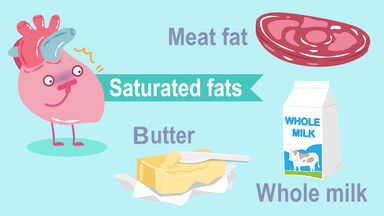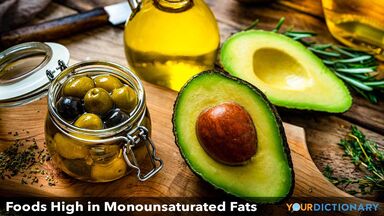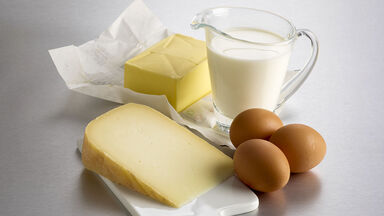A certain amount of linseed-oil is made in Lombardy, Sicily, Apulia and Calabria; colza in Piedmont, Lombardy, Venetia and Emilia; and castor-oil in Venetia and Sicily.
These seeds have been examined at the Imperial Institute, and the kernels have been found to contain nearly half their weight (48%) of an oil resembling linseed oil and applicable for the same purposes.
In addition to cash registers, the city's manufactured products include agricultural implements, clay-working machinery, cotton-seed and linseed oil machinery, filters, turbines, railway cars (the large Barney-Smith car works employed 1800 men in 1905), carriages and wagons, sewingmachines (the Davis Sewing Machine Co.), automobiles, clothing, flour, malt liquors, paper, furniture, tobacco and soap. The total value of the manufactured product, under the "factory system," was $31,015,293 in 1900 and $39,596,773 in 1905.
Throughout other parts bullocks are fed on pasture land, and also in stables on nourishing and succulent feed such as hay, Indian corn fodder, Indian corn silage, turnips, carrots, mangels, ground oats, barley, peas, Indian corn, rye, bran and linseed oil cake.
For use with wood which is exposed to moisture, as in the case of wooden cisterns, a mixture may be made of 4 parts of linseed oil boiled with litharge, and 8 parts of melted glue; other strong cements for the same purpose are prepared by softening gelatine in cold water and dissolving it by heat in linseed oil, or by mixing glue with one-fourth of its weight of turpentine, or with a little bichromate of potash.





